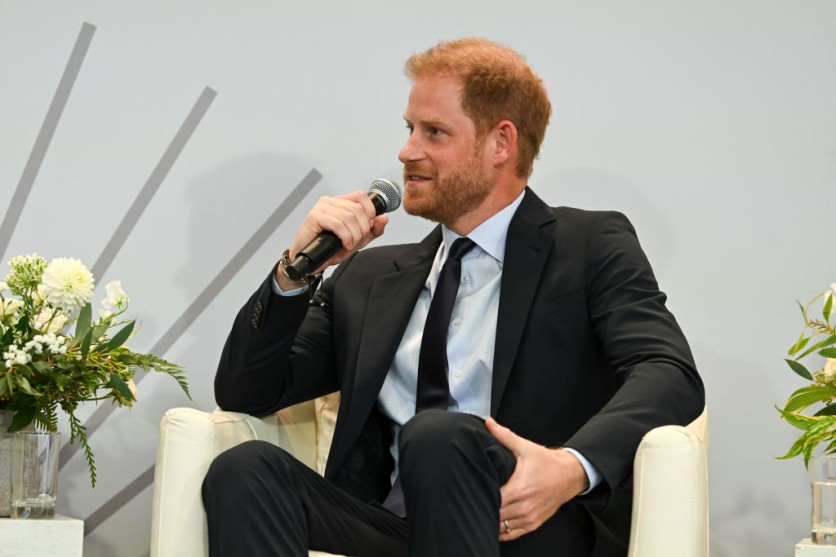A London court has ruled that Prince Harry's phone has been hacked by a British tabloid newspaper while reporting on the royal family.
The comprehensive 386-page ruling revealed the extensive and habitual phone hacking by reporters affiliated with Mirror Group Newspapers, the owner of various UK-based newspapers, between 1999-2006, and continued until 2011.
On Friday, the judge said Prince Harry's phone may have been hacked "to a modest extent" during the unlawful news gathering in a concert with several paid private investigators, according to a Northeastern University report.

Prince Harry Victim of Hacking That Evolved Throughout the Years
Aanjhan Ranganathan, an assistant professor at Khoury College of Computer Sciences, highlighted the evolution of hacking techniques associated with cell phones, encompassing eavesdropping on calls, voicemail breaches, and unauthorized access to text messages and proprietary user data.
"If we go back to the first generation of cellular networks, it was all purely analog, meaning there was virtually no security. By security I mean confidentiality and integrity," Ranganathan said in a statement.
Christo Wilson, associate professor of computer sciences, provided insights suggesting that the term "phone hacking" might be a misnomer in this context.
Wilson noted that it is more likely that the remote services connected with Prince Harry's phone were compromised rather than the physical device itself. The focus here is on potential data theft rather than direct phone manipulation.
According to the Northeastern University report, this incident is not the first phone hacking incident by the British press, with previous instances involving Rupert Murdoch's now-defunct News of the World and other newspapers pursuing information about celebrities, politicians, and the royal family in the 2000s and beyond.
As hacking techniques become more sophisticated, there is speculation that organizations with technical expertise might explore advanced forms of hacking, such as "zero-click attacks," for purposes like corporate espionage, according to Ranganathan.
The judge's ruling acknowledged that phone hacking remained a significant tool for journalism practiced at Mirror Group Newspapers between 2006 and 2011.
Read Also : Genetic Testing Firm 23andMe Confirms Hackers Accessed 14,000 Customer Accounts, Including Ancestry Data
Legal Aftermath
Despite its prominence, the hacking during this period was characterized as being more controlled than the habitual practices before August 2006, as per the judge's ruling.
In the legal aftermath, Prince Harry, who has distanced himself from frontline duties within the royal family, received $180,000 in damages. Approximately 100 individuals, including Prince Harry, were part of the legal action against Mirror Group Newspapers, alleging an "industrial-scale" effort to hack the phones of notable figures from 1991.
The ruling recognized the "oppressive behavior" of the British press toward Prince Harry. However, it emphasized that the Mirror Group played only a small part in the challenges the Duke of Sussex faced, resulting in a modest damages award.
Related Article : Decoding Cyber Security: Sakshi Porwal's Comprehensive Approach to Safeguarding Sensitive Data and Mitigating Risk

ⓒ 2026 TECHTIMES.com All rights reserved. Do not reproduce without permission.




